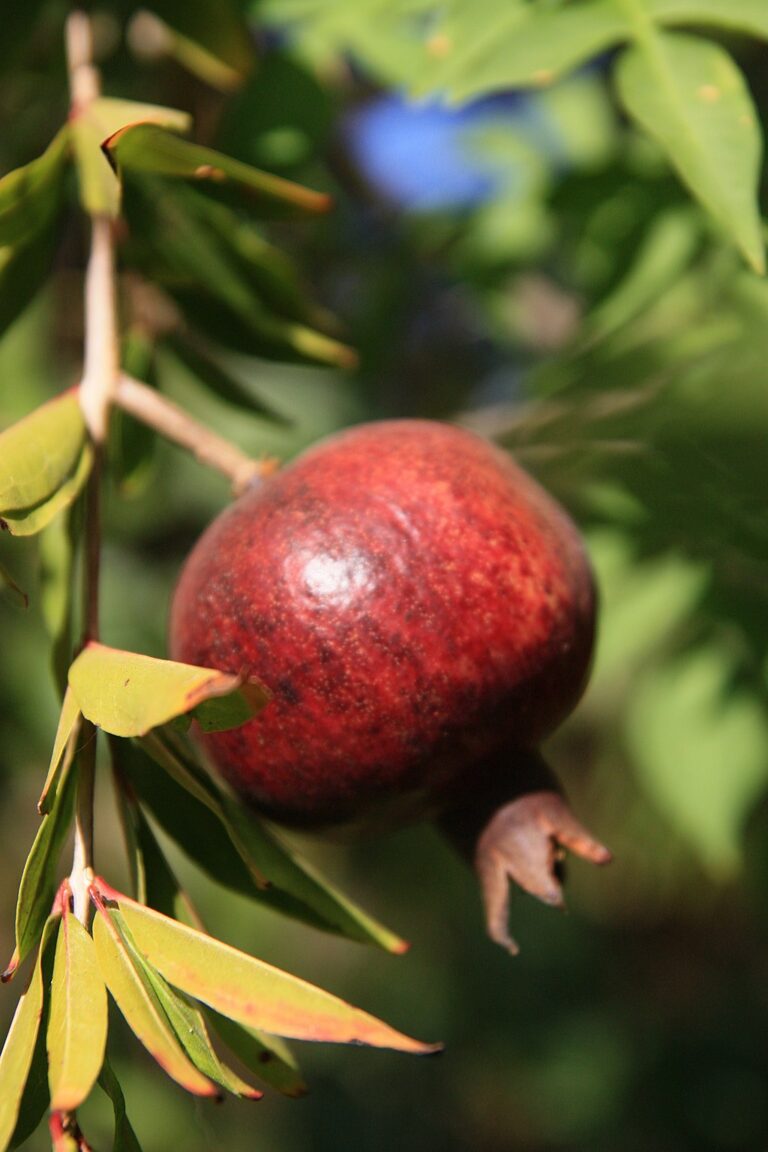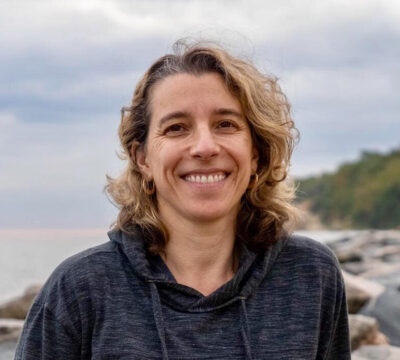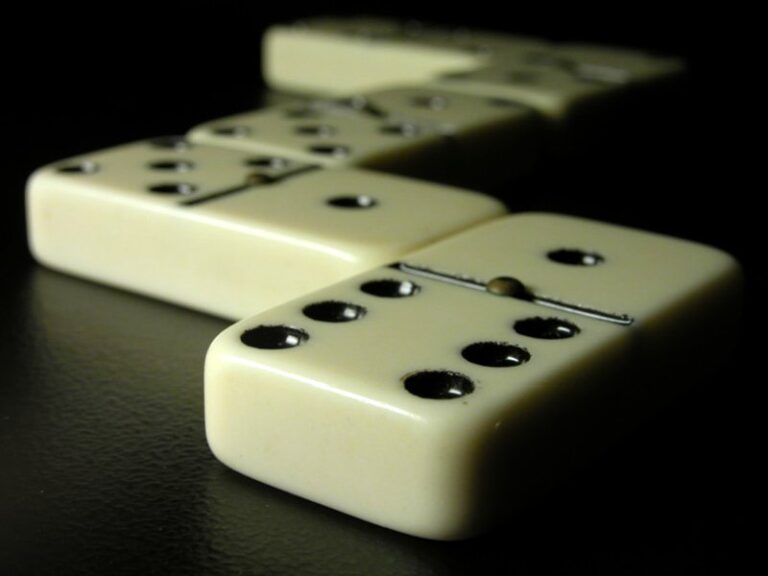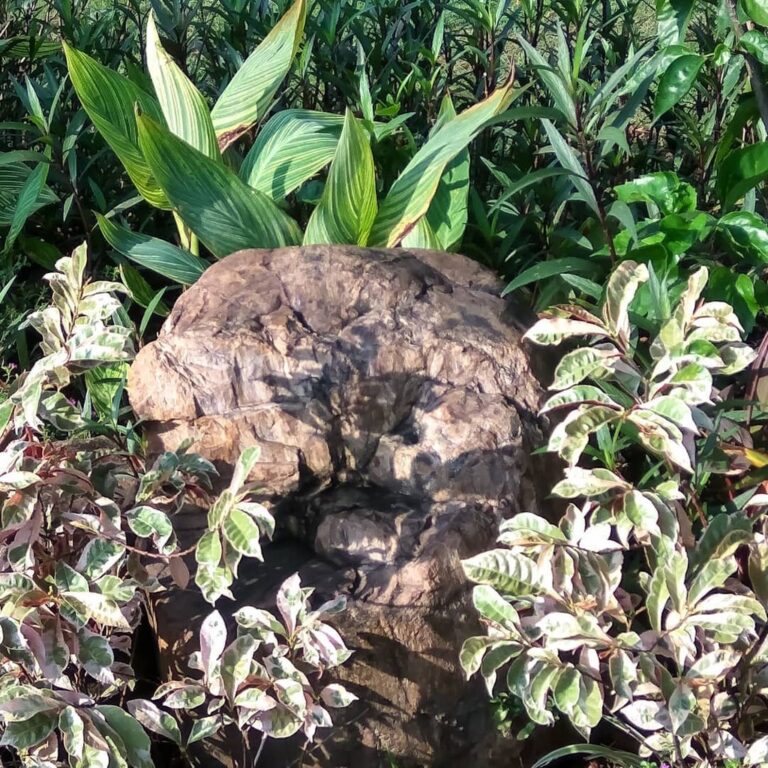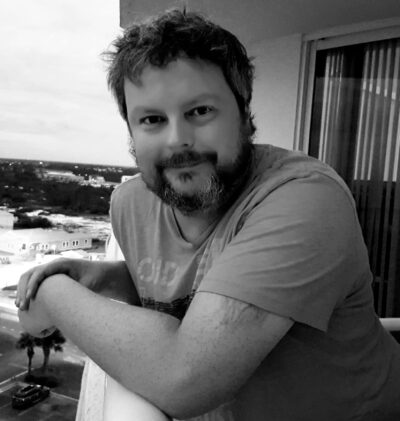Which is to say, I miss you
Today everyone looks familiar
under the yellow ocher, autumn light.
This woman with the child.
That older man resting on a bench.
I walk, carrying a bag and purse
but you aren’t here with me.
Yesterday became today
as winter cooled the air for tomorrow.
She Sewed
Newark, NJ, 1930
For D. M.
two raincoat sleeves or
or zipper into a seam.
Each section produced on a separate line.
I think of myself like that:
pant legs divided from my shirt hem
by the leather belt. Two connected halves.
Seated, she watched the other women
over the sewing machine.
Did they also want to design patterns?
Imagine drawing a skirt’s long line, standing or dancing?
Later, she worked behind a desk during the day,
cared for other women’s children in the evening,
and danced on Sundays
in other women’s dress designs.
Portrait of fire & knife juggling tight rope walker in Mallory Square at sunset
Key West, Florida
(Whistle blows.)
Watch me.
Come closer.
Watch me.
Where are you from?
Watch me.
I’ll climb this tight rope. Juggle fire. Juggle knives. Juggle fire and knives! Have you ever seen such a thing?
Watch me.
I do many tricks. I can balance the unicycle on my face. I can ride it, if you help me up.
Watch me.
Don’t miss my amazing tricks!
Watch me.
Stand closer.
Watch me.
The show is about to start!
(Whistle blows.)
Watch me.
I’ll jump off the tight rope.
Watch me.
Will you catch me?
Watch me.
Who wants to help with my show? You, from the north?
Watch me, please.

Chloe Yelena Miller’s poetry collection, Viable, was published by Lily Poetry Review Books (2021) and her poetry chapbook, Unrest, was published by Finishing Line Press (2013). Miller is a recipient of a 2020 and 2022 DC Arts and Humanities Fellowship (Individuals) grant. She teaches writing at American University, University of Maryland Global Campus and Politics & Prose Bookstore, as well as privately. Contact her and read some of her work at www.chloeyelenamiller.com / https://twitter.com/ChloeYMiller
Image by: Sadko CC BY-SA 4.0 <https://creativecommons.org/licenses/by-sa/4.0>, via Wikimedia Commons



